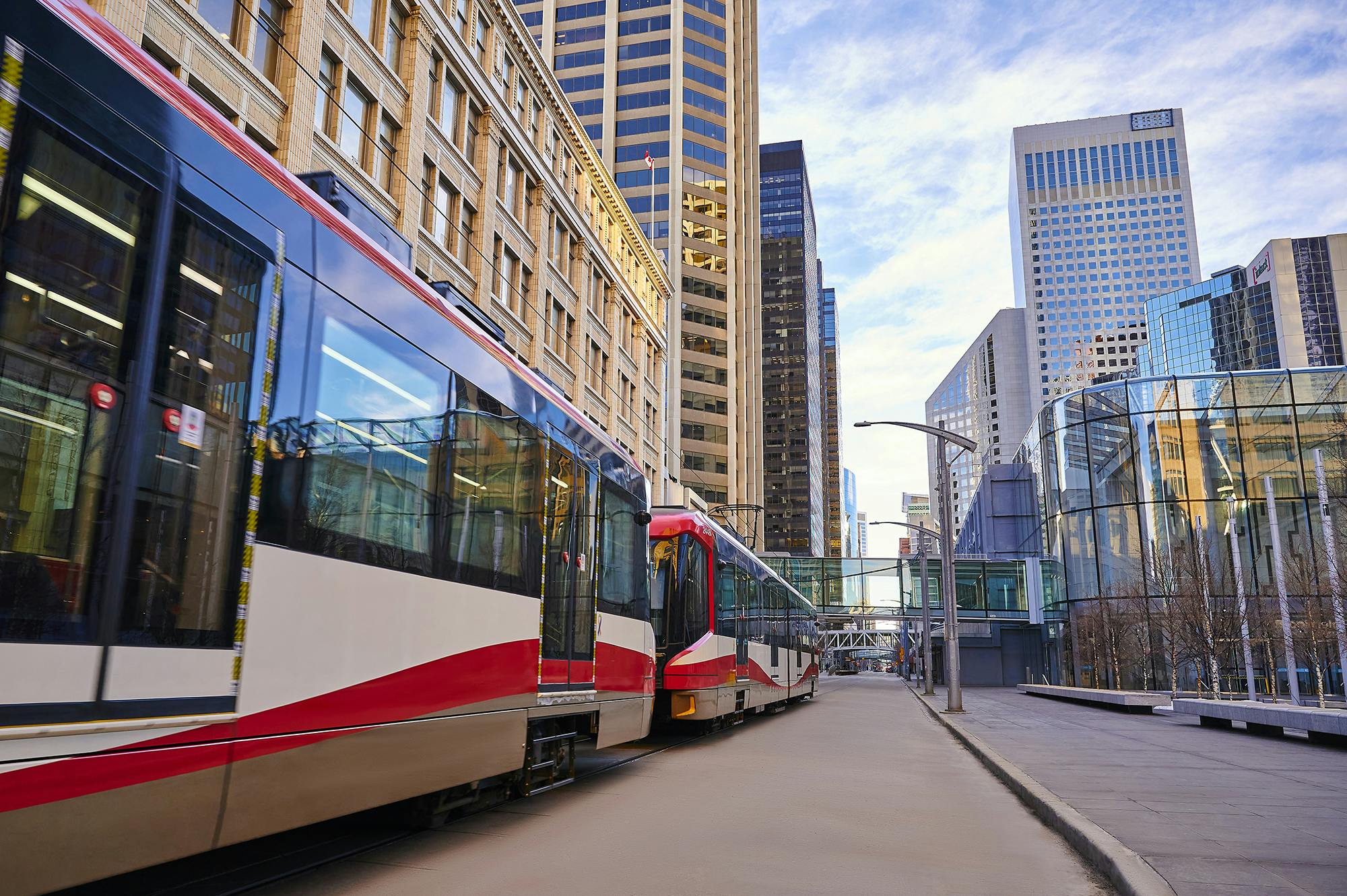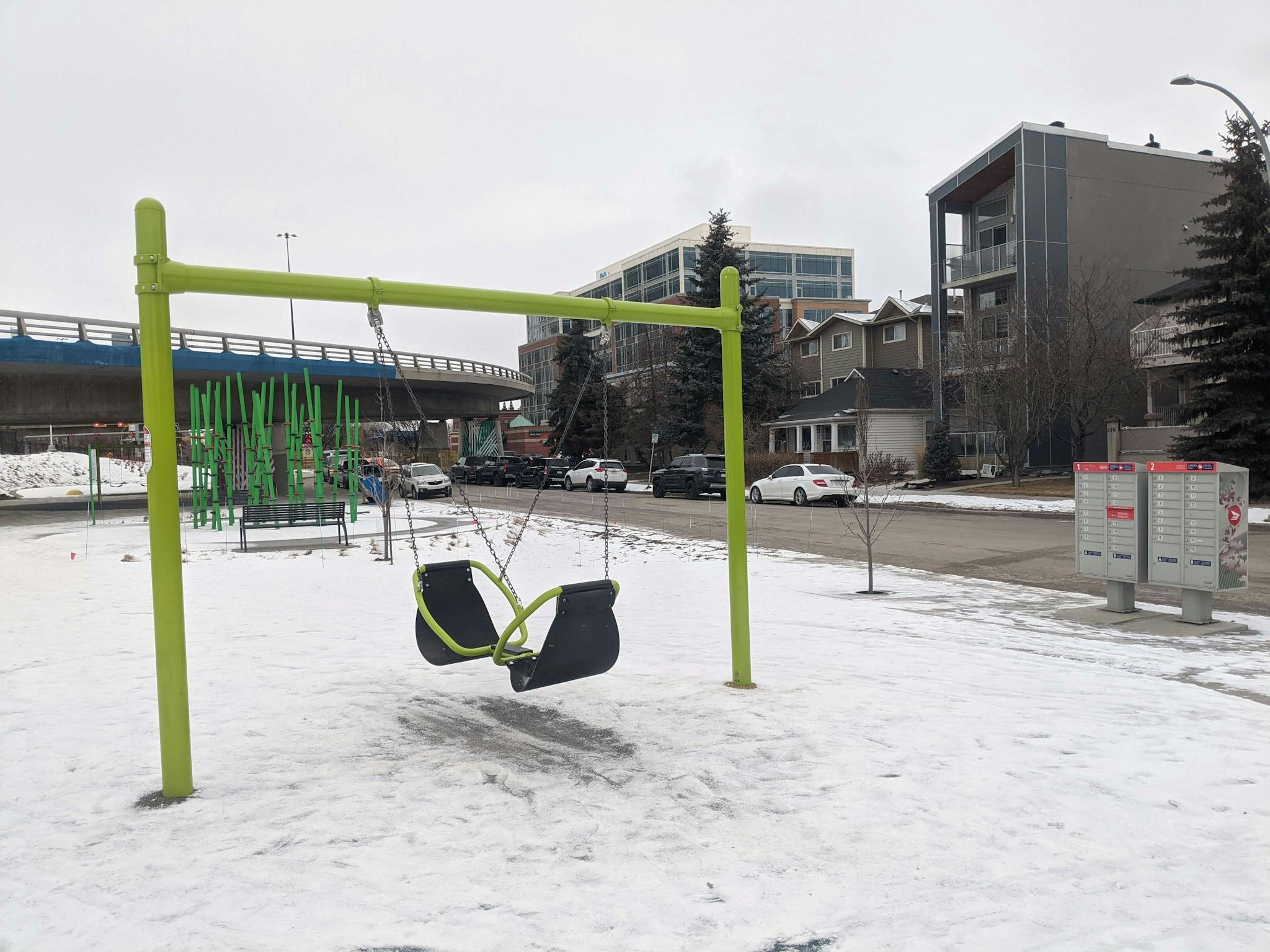Addressing the problem, not the cause
Front-line workers in the fight against poverty unfortunately spend a great deal of their time as gatekeepers to scarce resources. Homeless shelter workers must enforce strict rules, ensuring that each person has enough to eat, enough hygiene items, and enough transit tickets to make it through the day. Case managers at housing programs spend countless hours answering calls from people who need just the same: transit tickets, gift cards, and food hampers. And more often than they’d like, these workers often have to turn people away. Education, training, food, and supplies for struggling Calgarians are all well and good, but how can people take advantage of these programs without receiving a minimum income to meet their basic needs such as rent or transportation?
Social services often come with stipulations. High and low income thresholds abound, and personal identification is often required in order to qualify for basic services. These stipulations are rooted in a societal tendency to treat people as needing fixing. If someone doesn’t meet a certain criteria, then they aren’t deserving of basic human dignity. In reality, it’s not people who are in need of fixing, but instead our societal structures.
Food versus money
In a country like Canada, where the only legislation to address food insecurity in over thirty years has been to support donations to food banks, the idea that a basic income guarantee could do more to ameliorate the issue than food-based solutions might sound unintuitive, even strange. But as unbelievable as the truth may sound, the fact is that no study in Canada has shown that any food-based program reduces household food insecurity rates. Not one.
For those of us who have unquestioningly accepted the food bank model as the best--perhaps even the only--way to impact the lives of the food insecure, this is a hard statistic to come to terms with. Indeed, the Director of Policy and Research for Food Banks Canada has himself stated that “income, low income, is at the root of food insecurity, root of hunger, [and] root of food bank use.” Food banks are currently a necessity in our culture, not because they work in the long-term, but because our society has made them a necessity. Our refusal to acknowledge that basic income might be a possible solution has resulted in us settling for a shadow of basic income in the form of society’s run-off, giving the poor what we’ve decided they deserve: table scraps.
Sprawl Calgary provides some interesting statistics:

